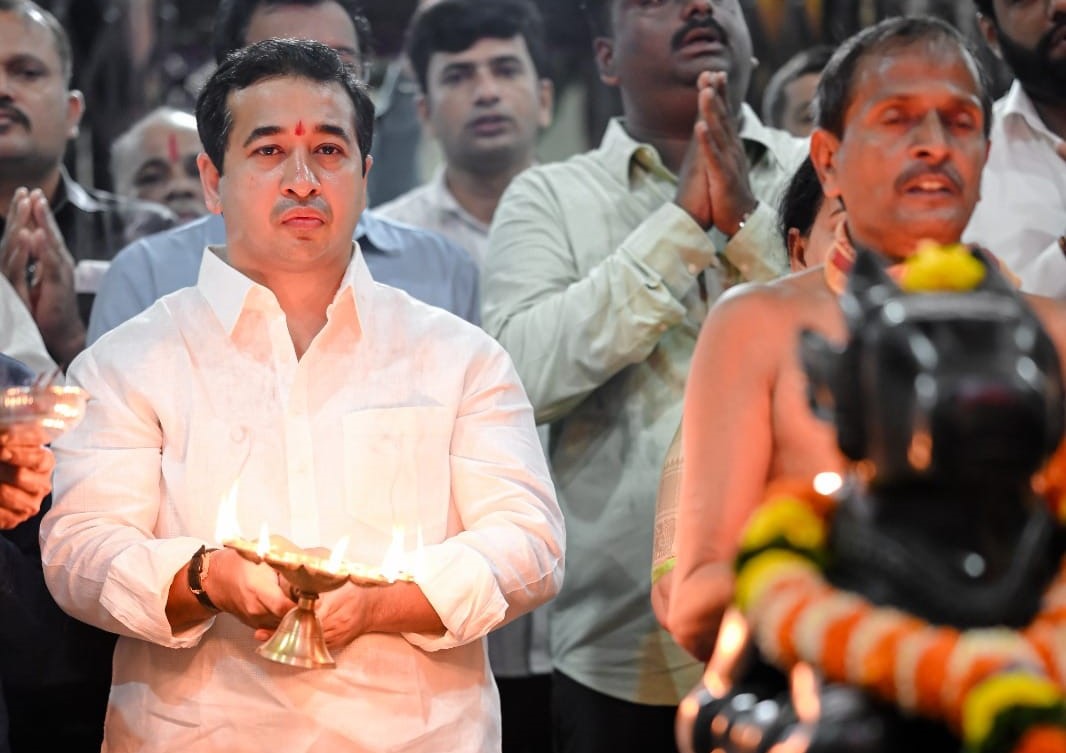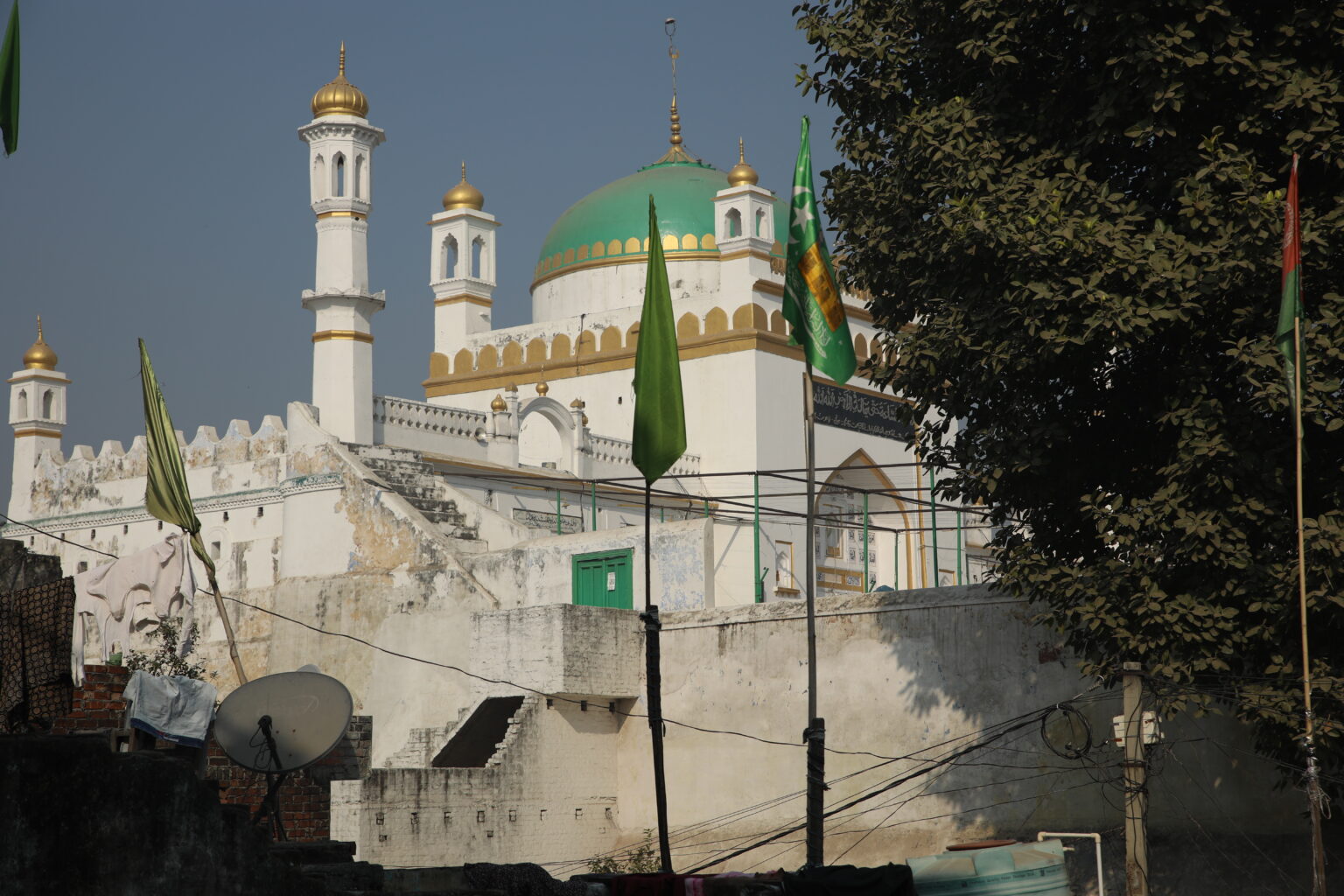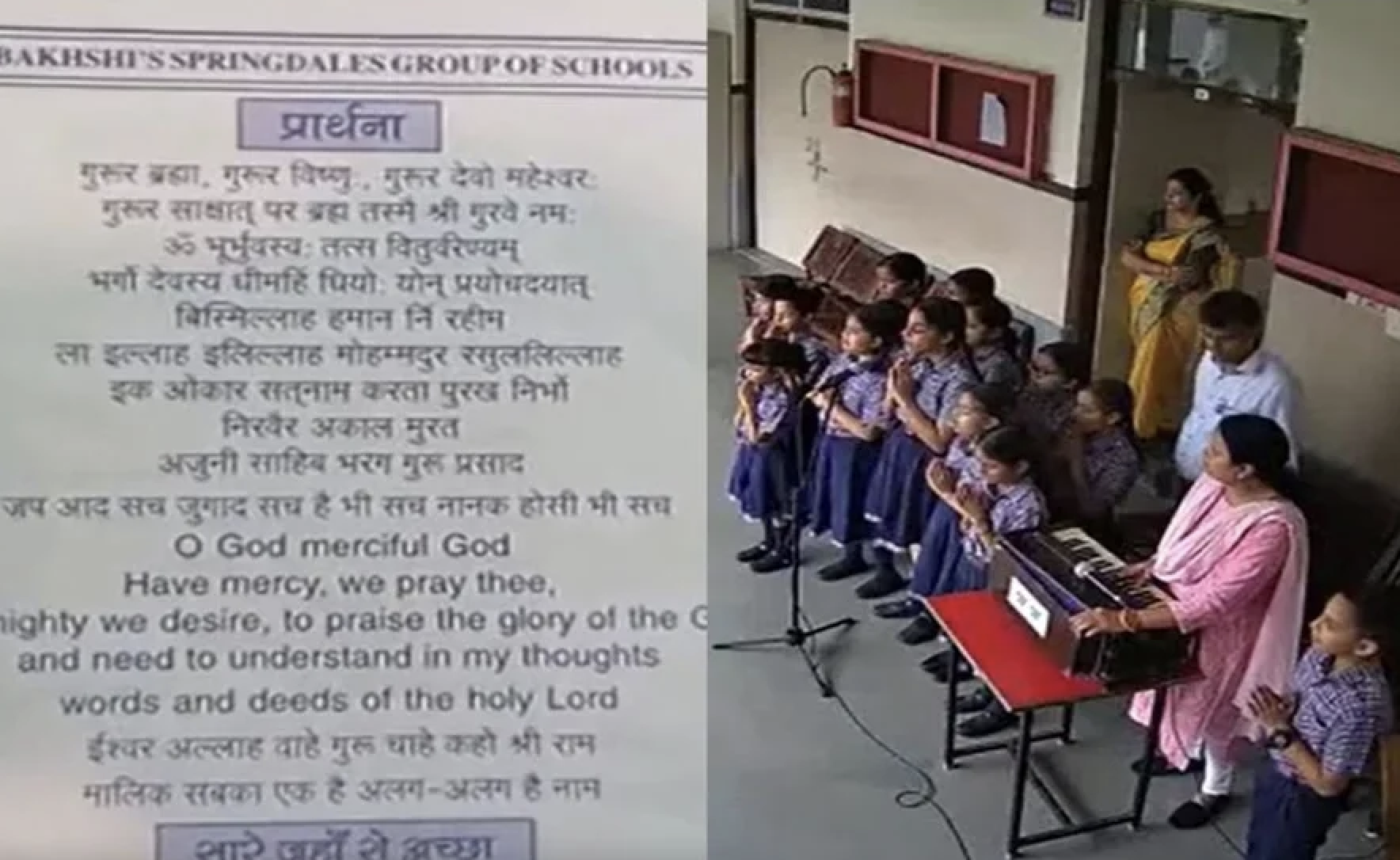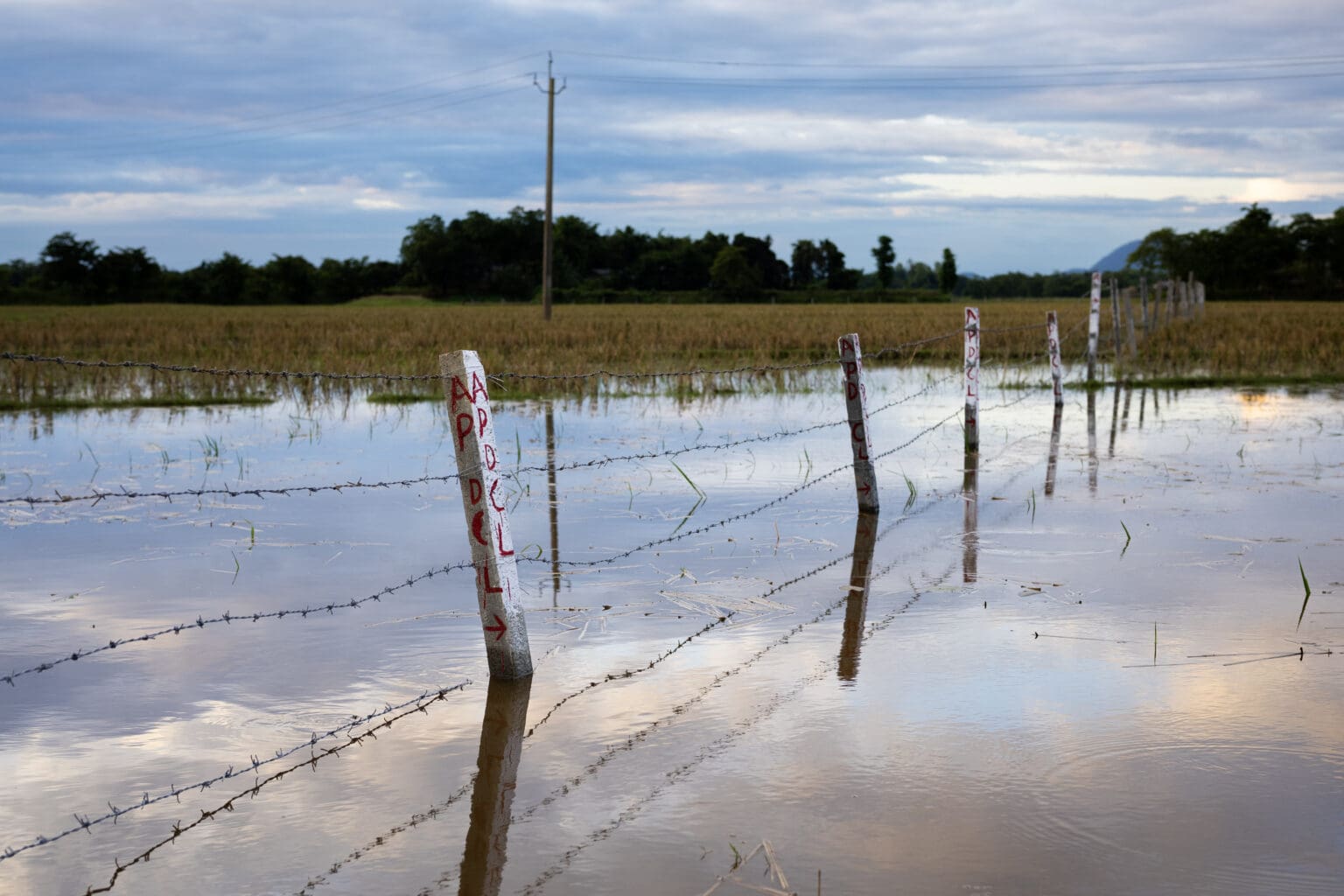
By Gyan Pathak
December 15, 2021 marked the second anniversary of the launch of the anti-CAA agitation at Shaheen Bagh which was forced to end on March 24, 2020 due to the nationwide lockdown to contain the COVID-19 outbreak, but continues to hold a special significance for those opposed to such acts of the Modi govt.
In fact, the movement is showing signs of resurrection across the country. Several protests were organized to mark the day. Moreover, as the election to the legislative assembly of Uttar Pradesh is approaching, which is due in early next year, many people are turning their thoughts to BJP’s communal politics.
The withdrawal of the three contentious farm laws by Prime Minister Narendra Modi has ignited hope of rolling back of several laws and so-called reforms, which not only include the four controversial labour codes and privatisation of banks, insurance sector, and many public sector undertakings, but also the CAA-NRC-NPR.
Protesters marking the anniversary said that their sit-in protest at Shaheen Bagh ended but their movement did not, and they would carry it on until the law is rolled back since it is discriminatory and many agitators continue to languish behind bars.
In Uttar Pradesh, where political activities are gaining ground in the run up to the polls, AIMIM chief Asaduddin Owaisi has threatened to turn the streets of the state into ‘Delhi’s Shaheen Bagh’ if CAA and NRC are not scraped. “CAA is against the Constitution of India, and if BJP government does not take back this law, we will come out on the streets and another Shaheen Bagh will come up here,” he said at a public meeting at UP’s Barabanki on November 22.
Since the Citizenship Amendment Act (CAA), National Register of Citizens (NRC), and the National Population Register (NPR) have originated from the problems in Assam which can be traced back to illegal Muslim immigrants from Bangladesh, these have a anti-Muslim connotation that suits the politics of All India Majlis-e-Ittehadul Muslimeen (AIMIM).
The party hopes to gain from consolidation of Muslim votes in its favour. It also suits the BJP, since the anti-Muslim connotation of the CAA-NRC-NPR that they had brought has a history of consolidation of Hindu votes in their favour, and any further consolidation of Muslim votes on account of Owaisi’s stance in UP politics would proportionately consolidate Hindu votes in their favour.
That is why the day after Owaisi’s remarks, UP Chief Minister Yogi Adityanath picked up the issue and raised to an even higher pitch, warning Owaisi that his “government knows how to handle it.”
Yogi Adityanath further alleged that Asaduddin Owaisi was hand-in-glove with Akhilesh Yadav’s Samajwadi Party (SP), while the Congress and SP have been repeatedly saying that both the BJP and AIMIM are playing the communal game with an intention to help each other by consolidating the Hindu and Muslim vote banks.
“I want to warn that person who is invoking feelings in the name of CAA, I want to say to these preachers of ‘Abba Jaan’ and ‘Chacha Jaan’ that if they try to do it then the state government knows how to handle it strictly,” said Adiyanath, adding, “Today’s government doesn’t protect rioters but runs bulldozers on their chest.”
However, all these statements do not reflect the spirit of the Shaheen Bagh movement, since it was inherently peaceful along the lines of ‘Satyagraha’.
Moreover, the majority of citizenship claims rejected in Assam were of Hindus and not of Muslims, which proves that the BJP’s presumption that implementation of CAA would affect only illegal Muslim migrants from Bangladesh was wrong.
It also proved that the CAA along with NRC and NPR can create great difficulties to all communities, not only Muslims as the BJP wants us to believe. Therefore, Owaisi or any other person who are trying to project the issues related to CAA-NRC-NPR as only anti-Muslim are also wrong.
The Shaheen Bagh movement must not be seen as only a movement of Muslims though it was primarily led by Muslim women. Moreover, it would also be a mistake to believe that the movement had died after it was forced to come to an end on March 24, 2020 after the lockdown, and the updation of NPR and other related field activities have since been postponed. The protests held to mark second anniversary of the Shaheen Bagh movement indicate that it may resurrect whenever the process of such updation will start.
There are additional reasons for that. For example, the CAA was brought at a time in 2019 when the BJP found that majority of the people who could not prove their citizenship were Hindus. It therefore aims to facilitate grant of citizenship to migrants belonging to Hindu, Sikh, Buddhist, Jain, Parsi, or Christian community from Pakistan, Bangladesh, and Afghanistan who entered into India on or before December 31, 2014 and who have been exempted by the Central Government by or under clause (c) of sub-section (2) of section 3 of the Passport (Entry into India) Act, 1920 or from the application of the provisions of the Foreigners Act, 1946 or any rule or order made thereunder.
The CAA has already been notified on December 12, 1019 and has come into force w.e.f January 10, 2020. The CAA excludes Muslims which is against the principle of equality before law.
In reply to a question in Parliament, Minister of State for Home Affairs Nityanand Rai had said, “Till now, the government has not taken any decision to prepare National Register of Indian Citizens (NRIC) at national level.”
The government has decided to update the NPR under the Citizenship Act, 1955 along with the first phase of Census, 2021. The demographic and other particulars of each family and individual were to be updated and collected during the exercise of updation of NPR. No document was to be collected during the exercise.
However, due to outbreak of COVID-19, the updation of NPR and other related field activities have been postponed.
It means that a Damocles’ Sword is still hanging on our head, and the government officials can anytime ask us to prove our citizenship, which crores of people in the country from all communities, not only Muslims, cannot prove, as we have seen in the case of Assam.
We will then be at the mercy of government officials, and a person without citizenship will lose all legal rights to have facilities like medical aid, jobs, food, land, home, etc. Until and unless CAA-NRC-NPR are formally withdrawn, resurrection of innumerable Shaheen Baghs across the country is imminent.
This story first appeared on nationalheraldindia.com






